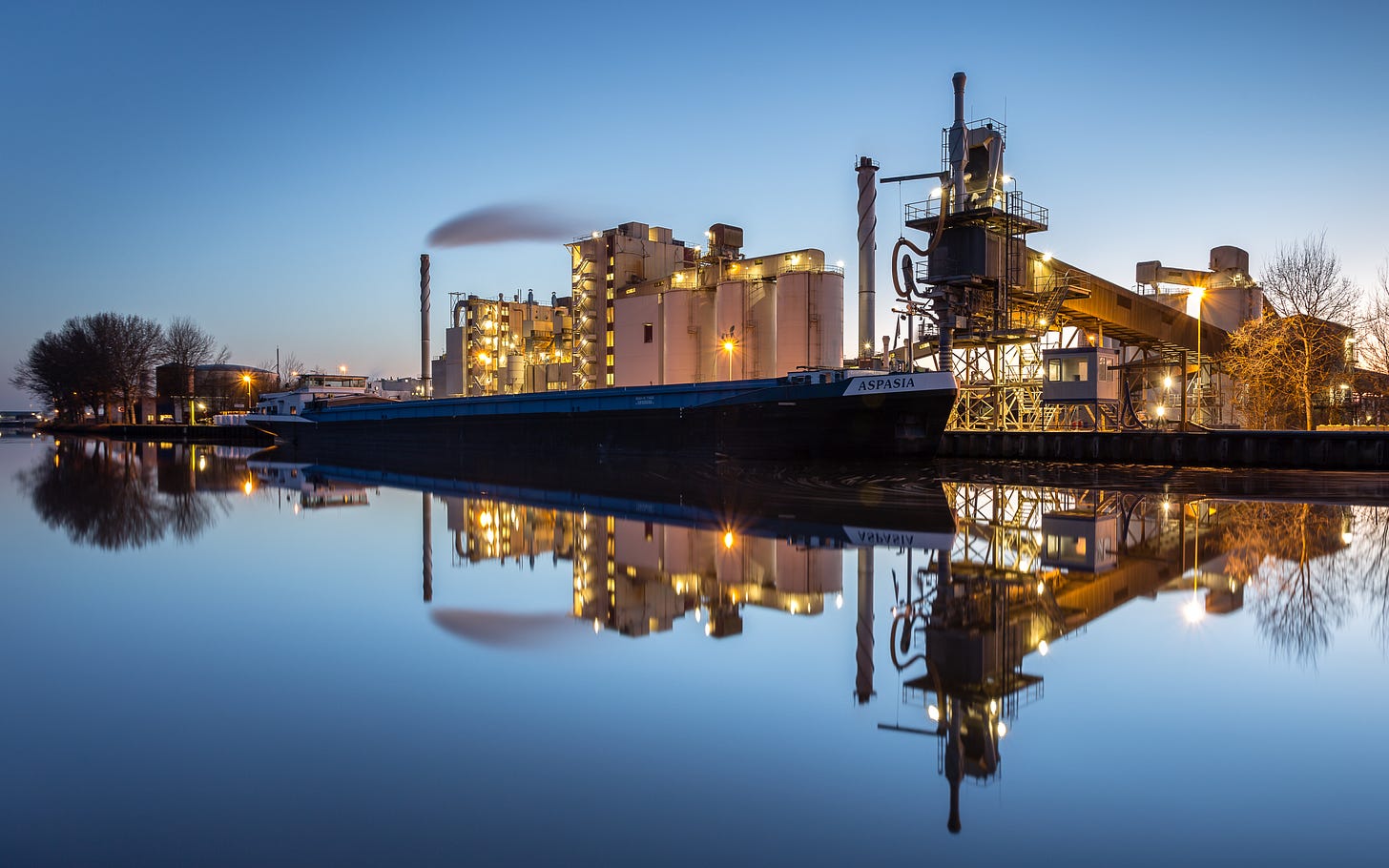NAM Stops Payments to Groningen, Raising Concerns for the Region’s Future
Disputes over unpaid contributions spark legal battles and calls for stronger government action in Groningen.
The Dutch Petroleum Company (NAM), owned by Shell and ExxonMobil, has decided to stop paying for projects to improve life and the economy in Groningen. This comes after gas extraction in the Groningen field ended earlier than planned in October 2023. The decision has upset many, including government officials, local politicians, and residents, as Groningen still faces significant challenges caused by years of gas drilling.
NAM Ends Financial Contributions to Groningen
In 2018, NAM agreed to pay €500 million as part of a plan to support Groningen. The payments were tied to gas production, which was originally expected to last until 2030. With production now stopped, NAM says it has fulfilled its commitments, having already paid €343 million. However, it refuses to pay invoices for 2023 and 2024, claiming the early end of gas extraction changed the terms of the agreement.
The government disagrees and has demanded NAM pay the remaining money. Legal action is underway to resolve the dispute.
Political and Public Backlash
State Secretary Eddie van Marum called NAM’s decision "very disappointing" and said the company owes Groningen for the damage caused by gas drilling. Local MPs Sandra Beckerman (SP) and Julian Bushoff (GL-PvdA) are angry, accusing Shell and Exxon of abandoning Groningen. They are calling for the government to force the companies to pay through extra taxes.
The MPs also want a new plan to make it easier for residents to get help. They suggest combining support for housing repairs, compensation, and sustainability projects into one simple system, so people don’t have to navigate multiple processes.
Challenges for Groningen
Groningen still faces big problems, including damaged homes, unsafe living conditions, and a struggling economy. The government has promised €7.5 billion over the next 30 years to help the region recover, but NAM’s refusal to contribute adds pressure. The legal battle over unpaid bills creates uncertainty about whether Groningen will have enough funds to address its needs.
What’s Next?
The government and NAM are now in a legal fight over the payments. Meanwhile, local politicians are pushing for quicker and better solutions for Groningen residents. The situation highlights the importance of holding companies accountable for their impact on communities.
Groningen’s future depends on resolving these issues, securing funding, and ensuring the people affected by gas extraction get the help they need. The coming months will be crucial as discussions and legal rulings shape the path forward for the region.



